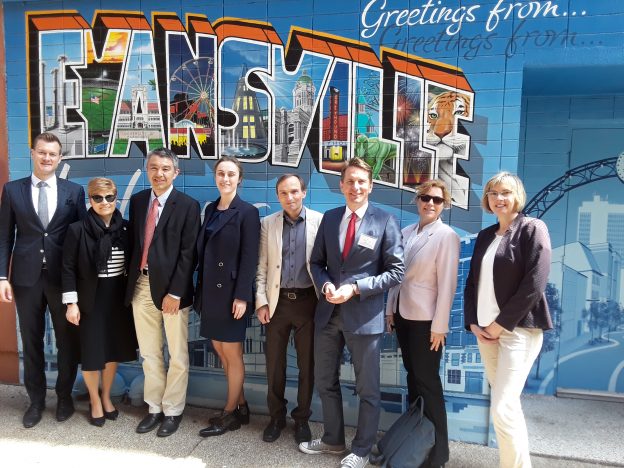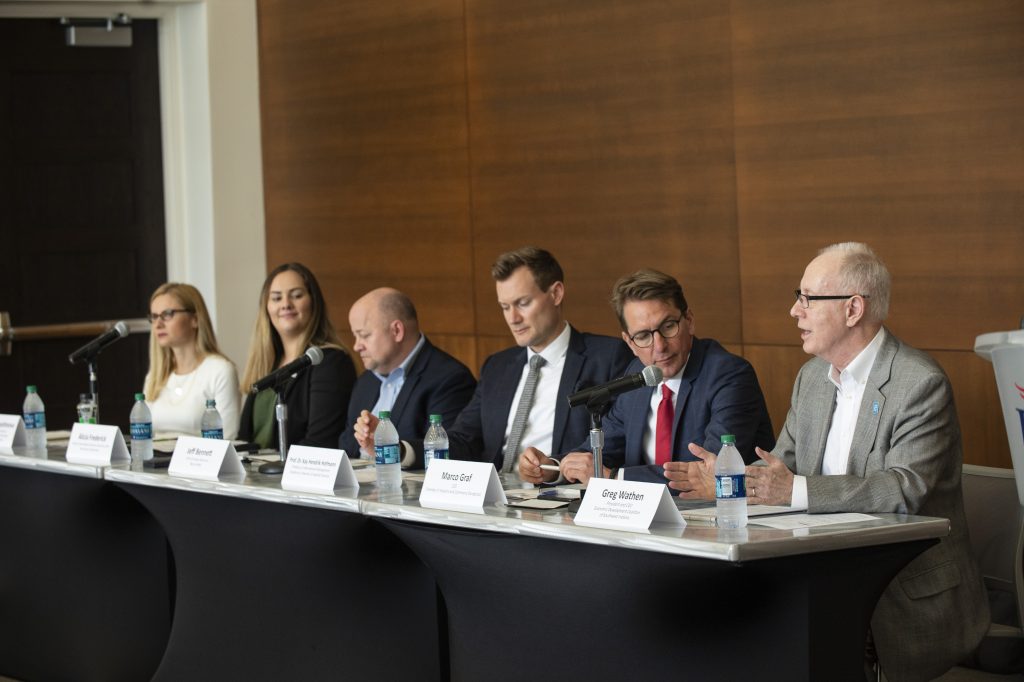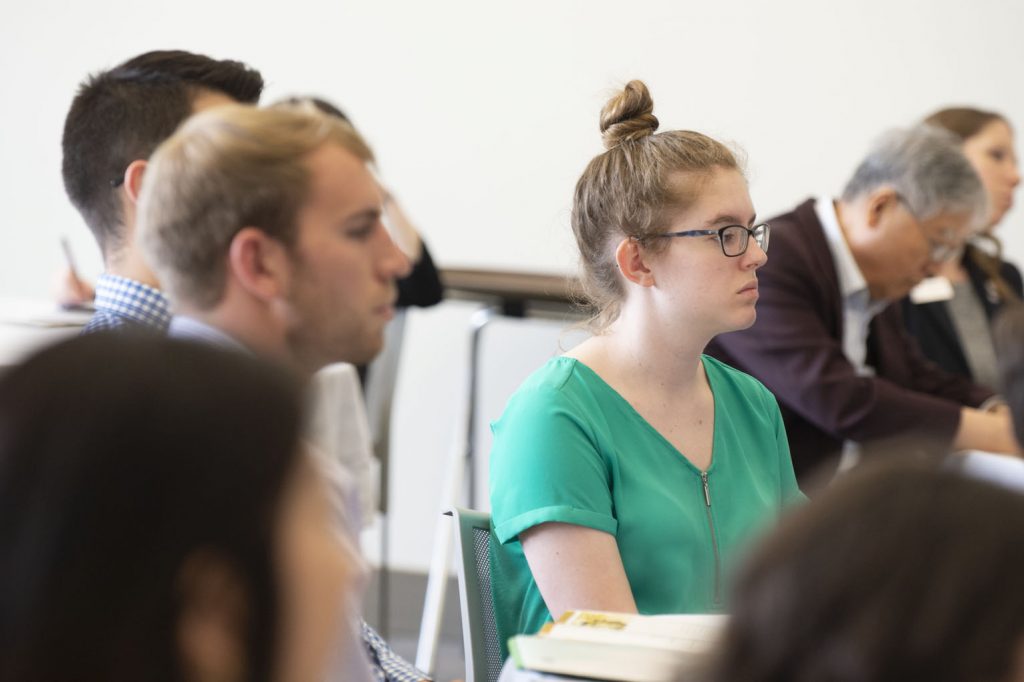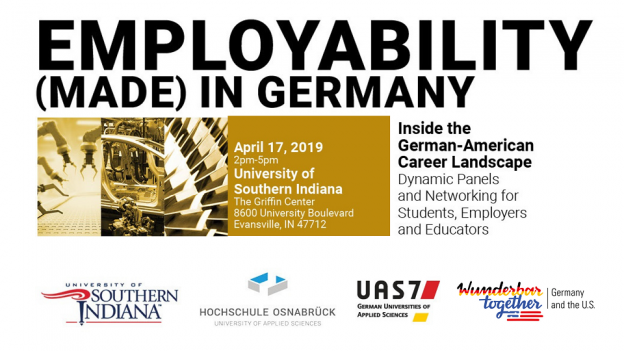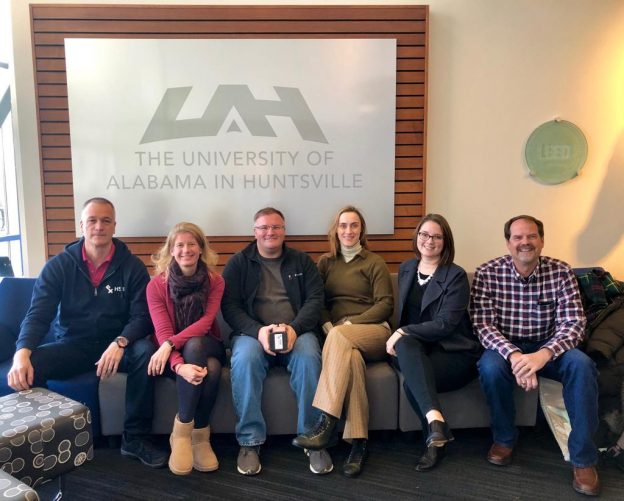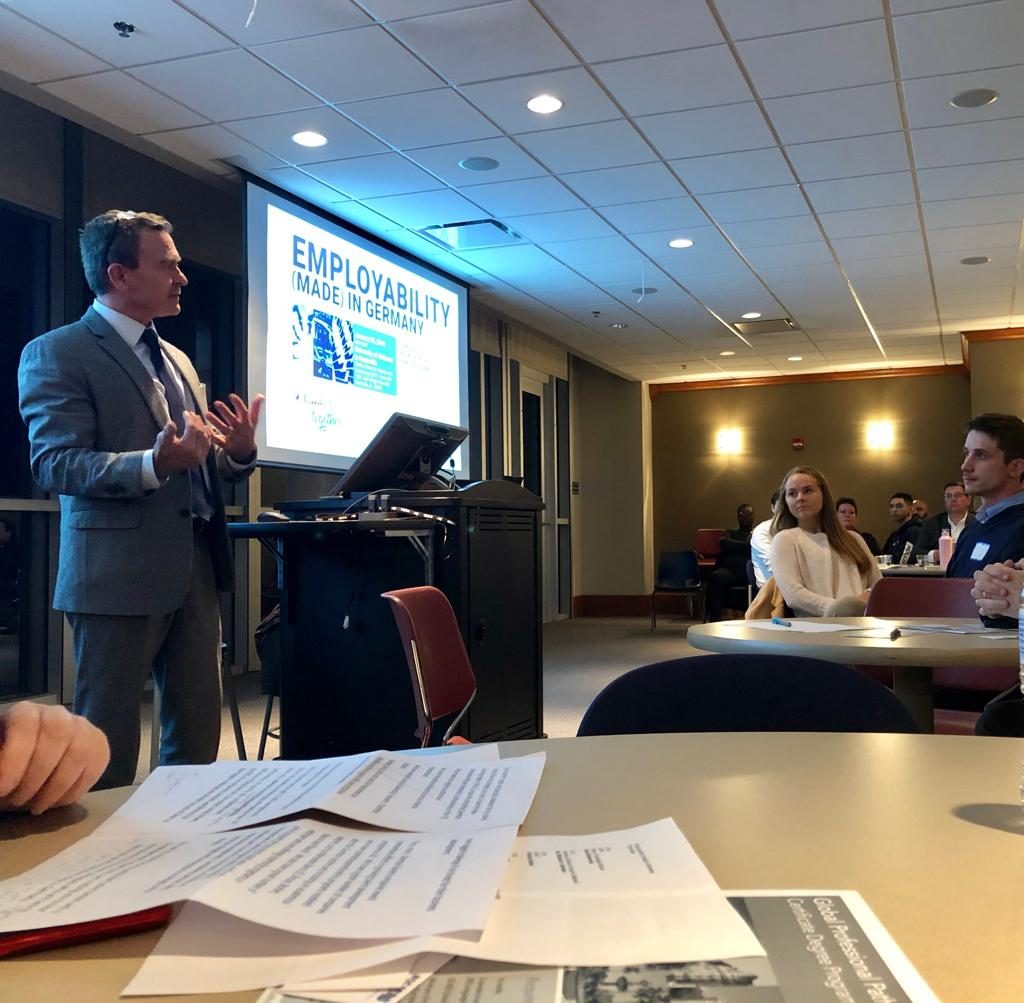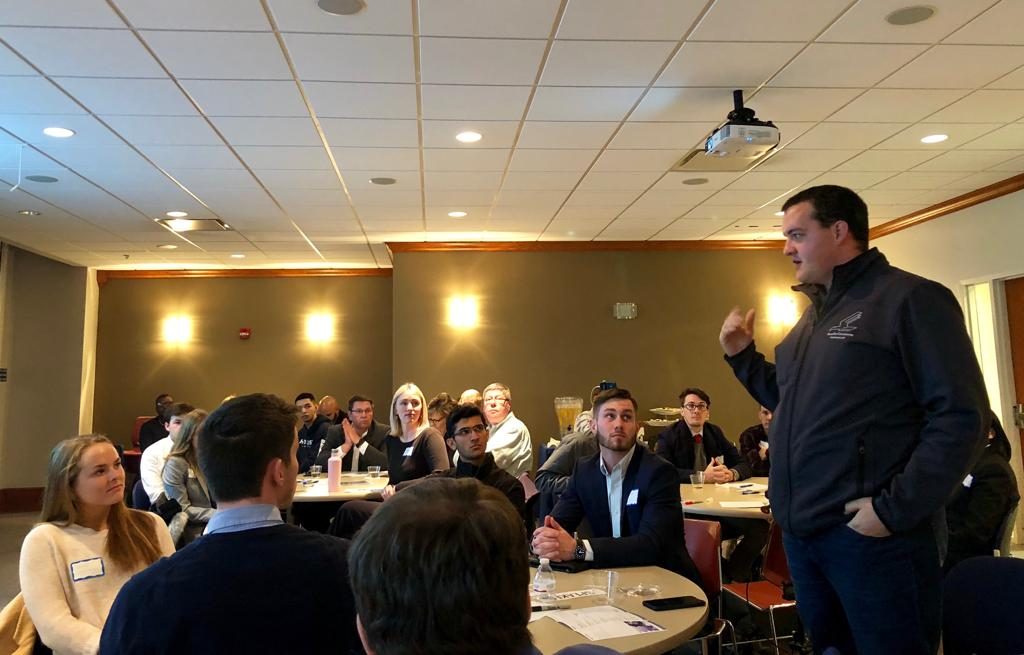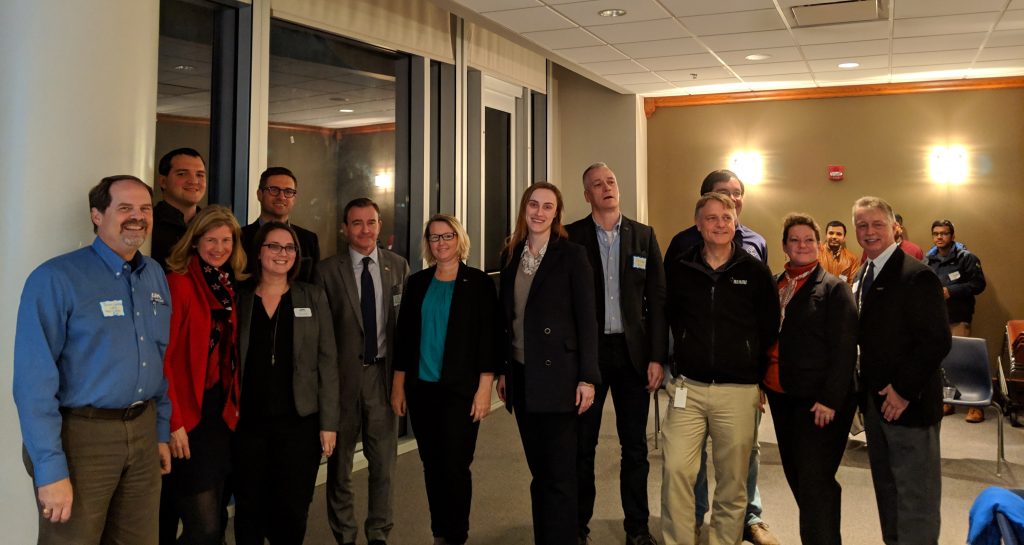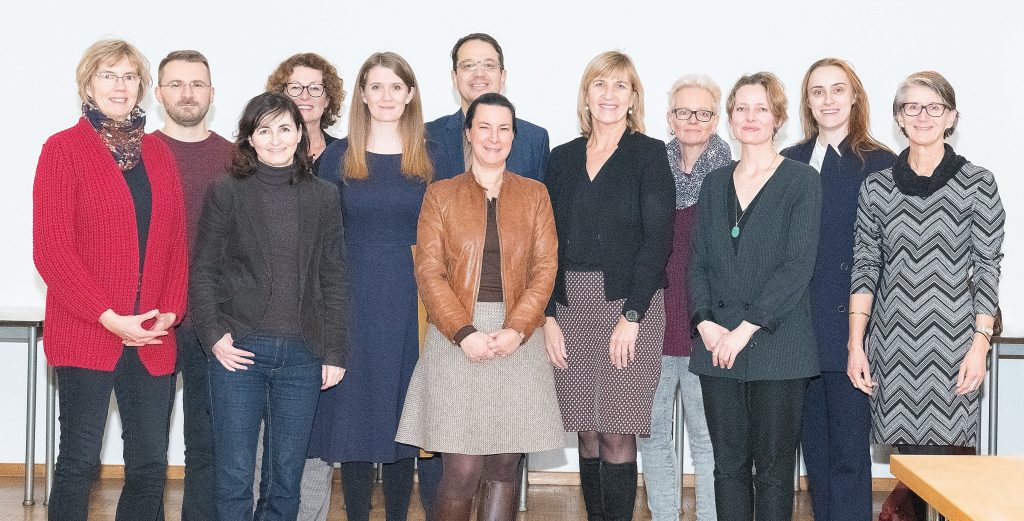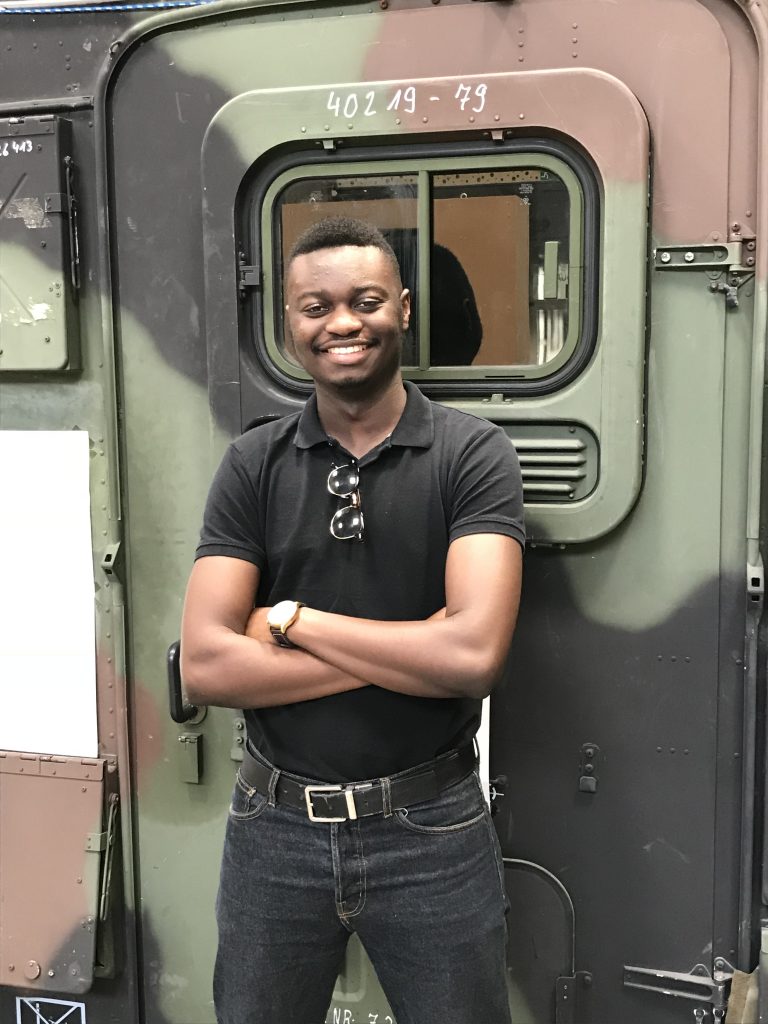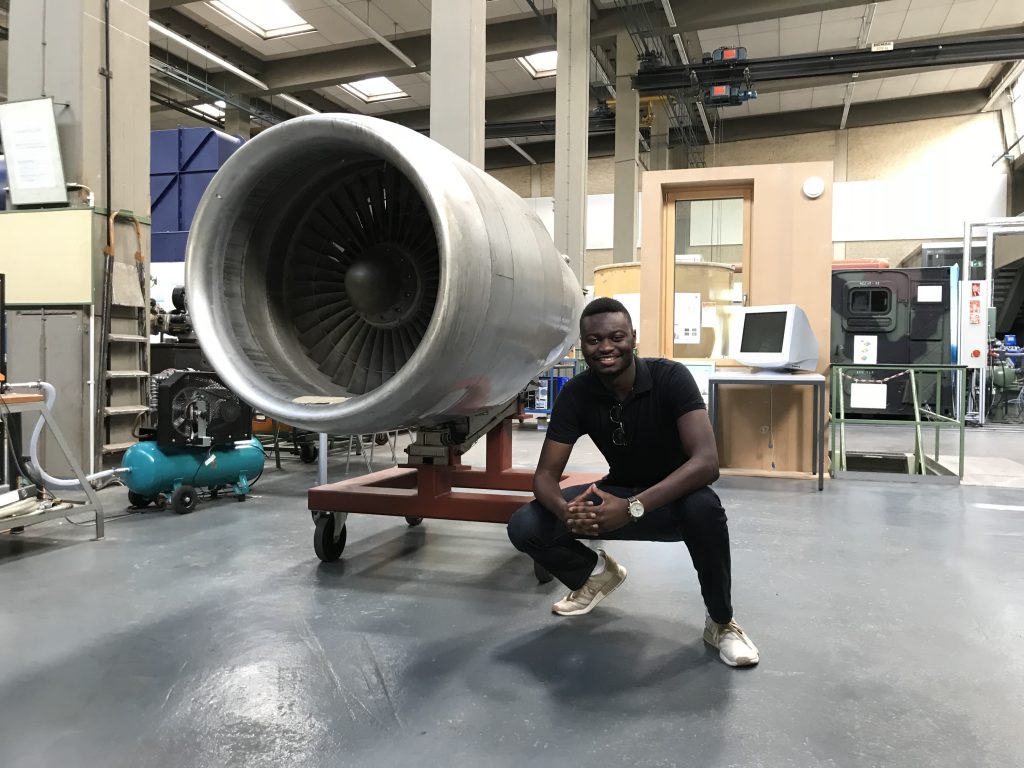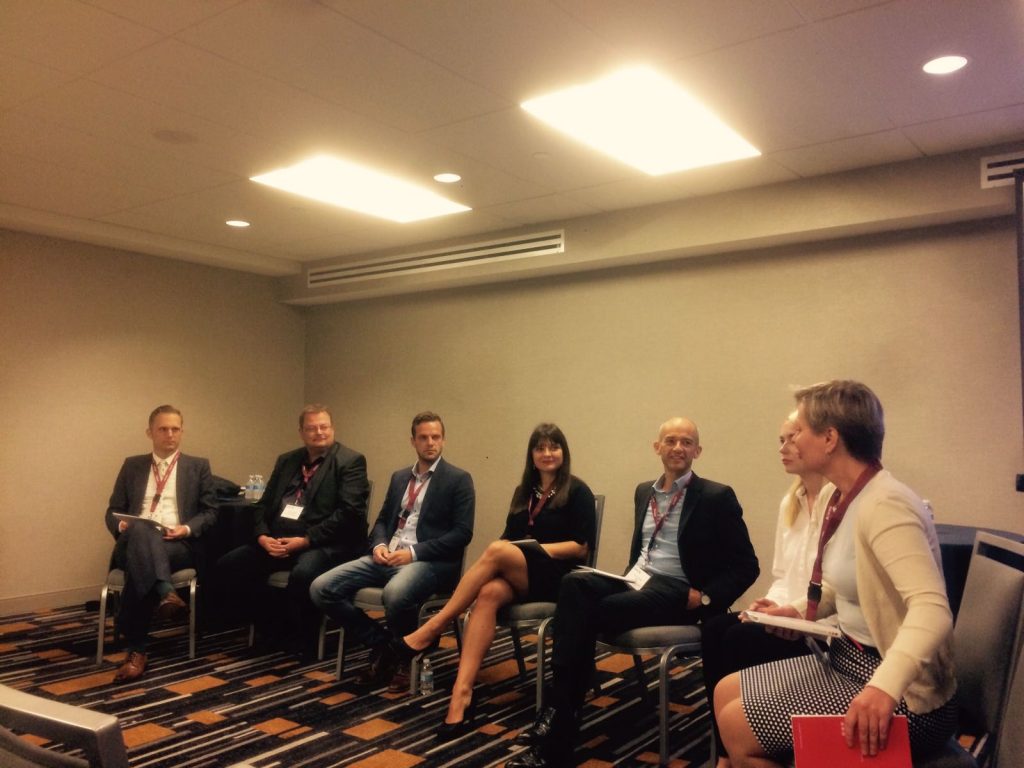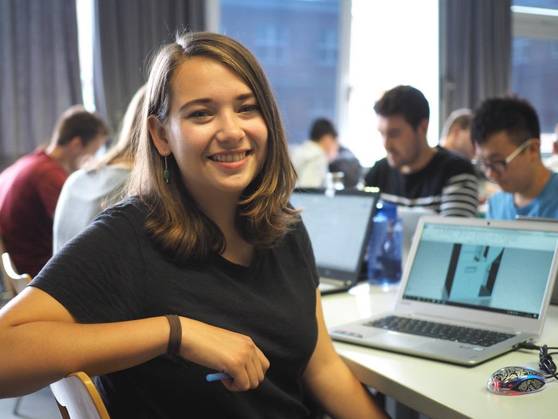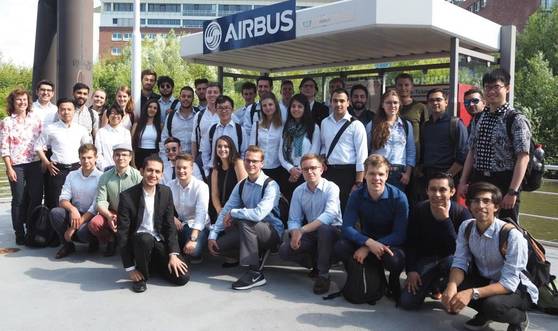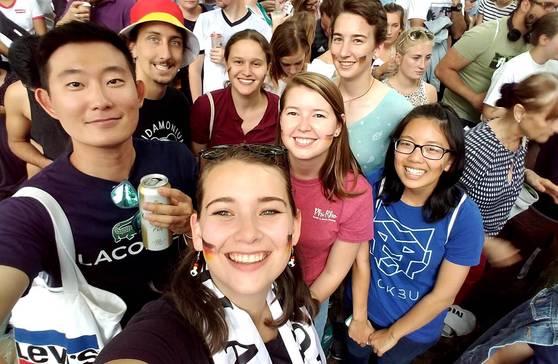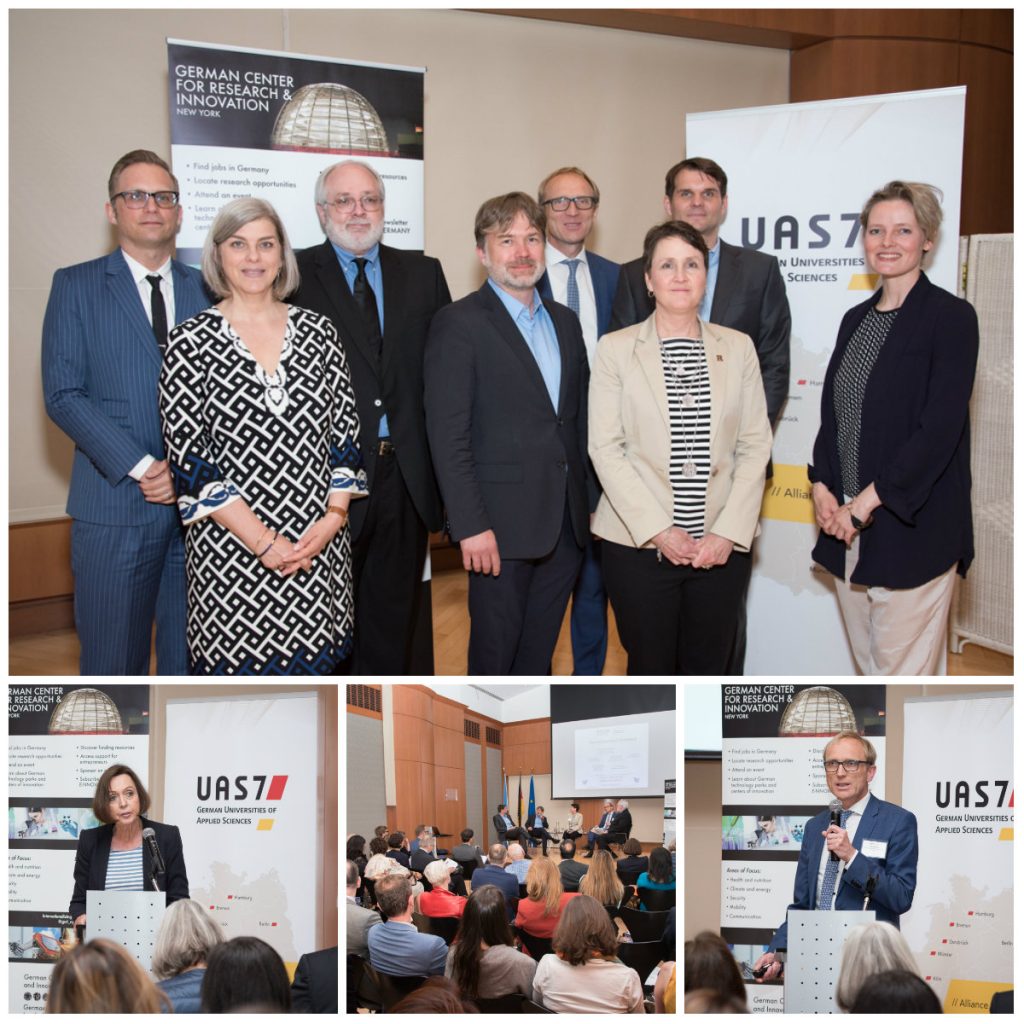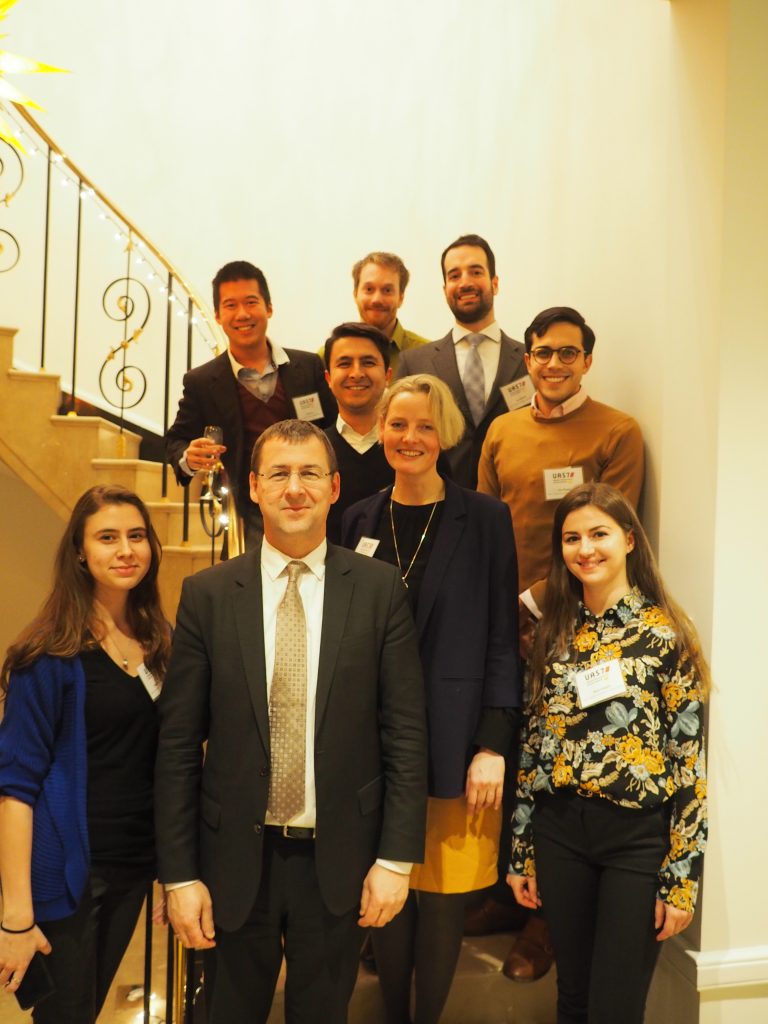Das FH-Konzept stößt in aller Welt auf “enormes Interesse”, so Prof. Dr. Andreas Zaby, UAS7. Foto: unsplash.comZu diesem Thema erschien am 22.08.2018 ein Artikel von Barbara Gillmann im Handelsblatt. Zitiert wird unter anderem der Vorsitzende der UAS7, Prof. Dr. Andreas Zaby. Anbei der Artikel im Wortlaut der Autorin. Den Originalartikel finden Sie hier.
„Enormes Interesse“ aus aller Welt registriert auch Andreas Zaby, Vorstand der UAS7, eines Verbunds von sieben forschungsstarken, international ausgerichteten Fachhochschulen, die auch ein Büro in New York betreiben. „Es gibt kaum ein Land, aus dem wir noch keine Anfragen zum Modell Fachhochschule hatten: ein Vizeminister aus Japan, eine Delegation aus China, aus Lateinamerika etwa aus Argentinien und Ecuador – aber auch vom Unternehmerverband Frankreichs und aus den USA.“
Macht das FH-Modell weltweit Schule, profitiert auch die deutsche Wirtschaft, meint Zaby, der die Hochschule für Wirtschaft und Recht in Berlin leitet. „Sie könnte auch im Ausland auf praxisnah ausgebildete Absolventen zugreifen und sie schon während des Studiums an sich binden. Deshalb wäre es sehr hilfreich, wenn der Bund kräftig bei der Werbung für das Modell hilft.“
Die Arbeitgeber sehen das genauso: „Auch im Ausland kann mehr Kooperation zwischen Wirtschaft und Hochschule, orientiert am deutschen Fachhochschulmodell, die Unternehmen vor Ort bei Fachkräftegewinnung und Innovationstransfer unterstützen“, sagt BDA-Vizepräsident Gerhard Braun.
Das „deutlich verbesserte Image der deutschen Fachhochschulen ist auch Folge der Bologna-Reform“, erklärt Karim Khakzar, Vizepräsident der Hochschulrektorenkonferenz. Früher seien sie kaum bekannt gewesen und wenn, dann seien sie mit Skepsis betrachtet worden. Das habe sich geändert, „seit unsere Bachelor- und Masterabschlüsse im Zuge von Bologna denen der Universitäten gleichgestellt wurden und so auch der Weg zur Promotion frei ist“, so Khakzar, der die FH Fulda leitet.
Entstehen anderswo zunehmend Fachhochschulen, hätten die deutschen mehr internationale Partner, die ähnlich arbeiten. Um Absolventen fit zu machen für international agierende Betriebe, „wollen wir so vielen wie möglich ein Auslandssemester oder -jahr ermöglichen“, so Zaby.
Im Gegenzug könnten mehr Studenten aus dem Ausland an deutsche Fachhochschulen kommen – und wechselseitig die Gebühren wegfallen. „Unsere Fachhochschulen könnten deutlich mehr Master-Studenten aus dem Ausland gewinnen – gerade in den Ingenieurfächern und Informatik“, sagt Khakzar. Die seien dann für den hiesiegen Arbeitsmarkt interessant oder später in der Heimat wertvolle Kontakte für die deutsche Wirtschaft.
DAAD-Präsidentin Wintermantel fordert daher von der Bundesregierung, das Versprechen des Koalitionsvertrags umzusetzen: „Wir wollen Strategien der Fachhochschulen zur Internationalisierung gezielt unterstützen“, heißt es dort. Konkrete Pläne gibt es aber noch nicht, heißt es im Bundesbildungsministerium. Insider hoffen etwa auf die neue Afrikastrategie.
Immerhin: Schon in Kürze werden im Rahmen des „Deutschlandjahrs USA 2018/19“ Abgesandte deutscher Fachhochschulen durch den Mittleren Westen der USA touren, um ihr Konzept dort bekannt zu machen. Das vom Auswärtigen Amt und dem BDI geförderte Deutschlandjahr der Goetheinstitute startet im Oktober. Ex-Präsident Obama hatte sich für mehr angewandte Studiengänge eingesetzt, einige Modelle mit „Cooperative Studies“ gibt es schon.
In Jordanien existiert seit 2004 die nach dem Fachhochschulmodell gegründete „German Jordanian University“ (GJU), an der rund 4 000 Studenten an acht Fakultäten lernen. Die GJU pflegt enge Kooperationen zu Unternehmen der Region – und zu rund 100 Fachhochschulen in Deutschland. Alle Studenten gehen für ein Jahr nach Deutschland, je zur Hälfte an eine Hochschule und in einen Betrieb. Daneben gibt es in Almaty die Deutsch-Kasachische Universität, die ebenfalls eine FH ist.
Der stellvertretende Generalsekretär des DAAD, Christian Müller, verweist auf die entwicklungspolitische Bedeutung: Sehr viele Länder des globalen Südens hätten ausschließlich Hochschulen nach dem Vorbild der Universitäten in den Industrieländern aufgebaut – „stellen jetzt aber fest, dass deren Absolventen schwer unterkommen und ihre Unternehmen andere Leute brauchen, solche, die viel praxisnäher ausgebildet sind“.
China will Hunderte Fachhochschulen errichten
Großes Interesse wecke auch die anwendungsorientierte Forschung der Fachhochschulen für den Mittelstand, „das ist weltweit einzigartig“. Nachfragen kämen aus Afrika, Mexiko und Brasilien, Vietnam und Indonesien sowie aus den USA.
In China ist der renommierten Tongji-Universität in Schanghai die Chinesisch-Deutsche Hochschule für Angewandte Wissenschaften (CDHAW) angegliedert. Nun will die Volksrepublik im großen Stil gleich 600 Fachhochschulen einrichten, sagt Müller. Angeblich sollen diese aber nicht neu gegründet werden, sondern aus forschungsschwachen Universitäten entstehen, berichtet Zaby, „das kann nicht funktionieren“.
In Kenia ist schon seit Längerem eine deutsch-ostafrikanische „University of Applied Sciences“ geplant – der deutsche Entwicklungshilfeminister war bereits vor Ort. „Kenias Bildungspolitiker blicken vielfach nach Deutschland“ sagt Helmut Blumbach, DAAD-Statthalter in Nairobi: vor allem auf die Berufsausbildung und die Fachhochschulen. Das Land hatte sich mit dem Aufbau von Unis übernommen, den Präsident Uhuru Kenyatta gestoppt hat. Die neue „moderne Bildungspolitik“ setze darauf, dass nicht mehr jedes Abitur zum Uni-Studium führen müsse.
Eine Fachhochschultradition haben bisher neben Deutschland nur Österreich, die Schweiz, Finnland und Holland. „Das größte Problem beim Aufbau von Fachhochschulen im Ausland“ sieht Zaby in der Art des Lehrpersonals: „Große Fragezeichen gibt es bei unseren Gesprächspartnern immer, wenn wir erklären, dass unsere Professoren doppelt qualifiziert sind, also über wissenschaftliche Qualifikation ebenso verfügen wie über praktische Berufserfahrung. Das ist weltweit unbekannt.“
Auch der Wissenschaftsrat drängt darauf, auf das hohe Interesse aus dem Ausland zu reagieren und „die Stärken dieses Hochschultyps in Lehre, Transfer und Weiterbildung international bekannter zu machen“ – am besten mit einer zentralen Beratungsstelle beim DAAD.
Die Fachhochschulen selbst seien mit der überfälligen Internationalisierung vielfach überfordert: Sie hätten dafür nicht genug Mittel und Personal, heißt es in einer Entschließung des Rats vom Juli. So hindere etwa die deutlich höhere Lehrverpflichtung Fachhochschulprofessoren daran, intensive Auslandskontakte zu pflegen. Auch die DAAD-Präsidentin fordert mehr Unterstützung des Bundes, „das muss beschleunigt werden“, sagt sie.
Der Wissenschaftsrat mahnt, Bund und Länder müssten zudem Projekte wie die deutsch-jordanische Uni längerfristig fördern, die fünfjährige Anschubfinanzierung durch den DAAD „hat sich als zu kurz erwiesen“. Doch auch die Fachhochschulen selbst „dürfen durchaus finanzielle Interessen verfolgen“, wenn sie im Ausland in Kooperation Bildungsangebote machten, ermuntert sie der Wissenschaftsrat, „denn diese stehen nicht zwangsläufig im Gegensatz zu einer langfristigen Partnerschaft auf Augenhöhe“.
